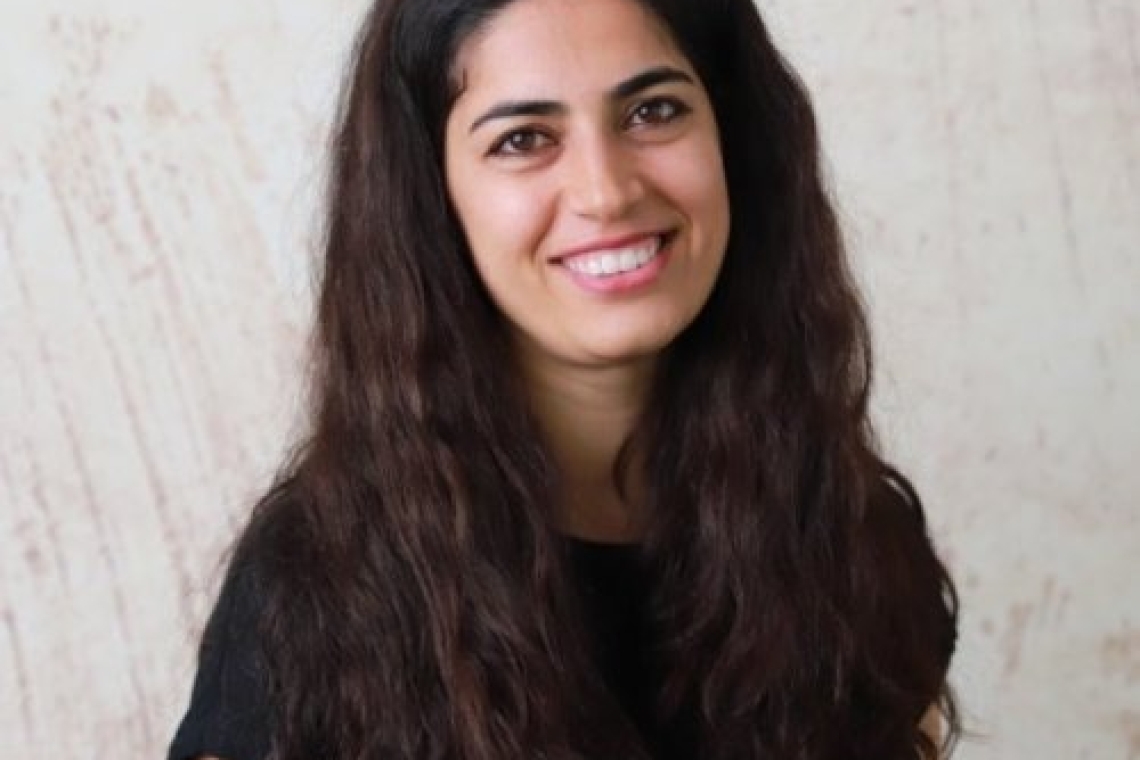Deniz Tekin
A Turkish court will send the case file of journalist Perihan Kaya to the prosecutor for a final opinion as part of her ongoing trial on charges of “making terrorist propaganda” over her social media posts.
The eighth hearing in Kaya’s retrial was held at the 10th High Criminal Court in Diyarbakır, a city in southeastern Turkey with a predominantly Kurdish population. Kaya, who is currently abroad, did not attend the hearing, but her lawyer, Resul Temur, was present in court.
During the session, the presiding judge mistakenly stated that they were still waiting for Kaya’s testimony taken abroad, known in legal terms as "letter rogatory." Temur clarified that Kaya's statement had already been obtained in Switzerland and submitted to the case file, along with its translation. Upon review, the court confirmed that both the original testimony and its translation were included in the file.
Temur requested that remaining deficiencies in the file be addressed. The prosecutor then asked for the file to be transferred in order to prepare the final opinion, known in Turkish legal procedure as the mütalaa, which lays out the prosecution’s position before a verdict.
The court accepted the request and postponed the trial to Dec. 24, allowing time for the prosecutor to prepare the opinion.
Background
Kaya was originally indicted by the Diyarbakır Chief Public Prosecutor’s Office on charges of “membership in a terrorist organization” and “making terrorist propaganda.” The indictment cited her 2015 social media posts, conversations with fellow journalists, statements from secret witnesses, anonymous electronic tips, her international travel, and her membership in the now-shuttered Free Journalists Association as evidence.
In the first hearing on March 24, 2021, the court acquitted Kaya of the “membership” charge but sentenced her to 1 year and 3 months in prison for “making terrorist propaganda.” However, an appellate court overturned the verdict, citing the lower court’s failure to apply provisions related to “successive offenses” and an insufficient sentence. The case was reopened for a retrial based on those grounds.



